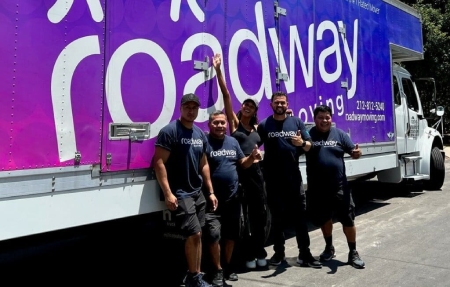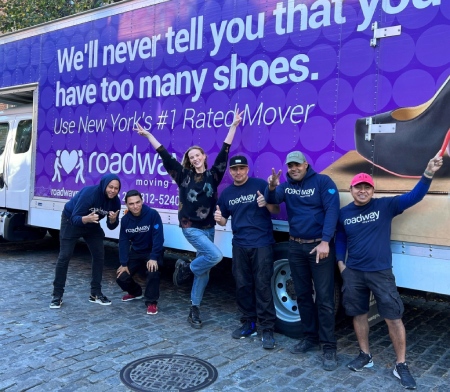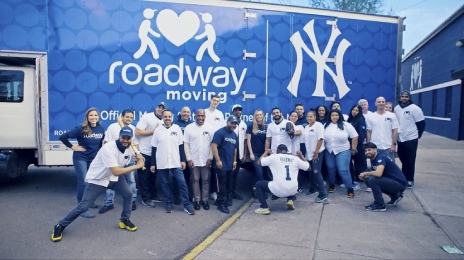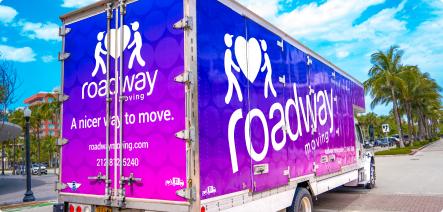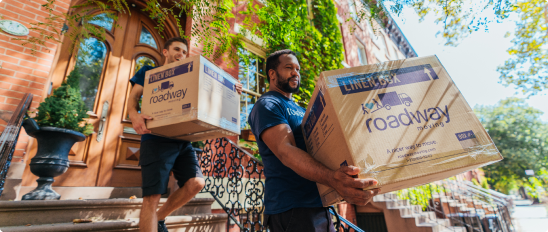How to Move a Parent to a Senior Facility






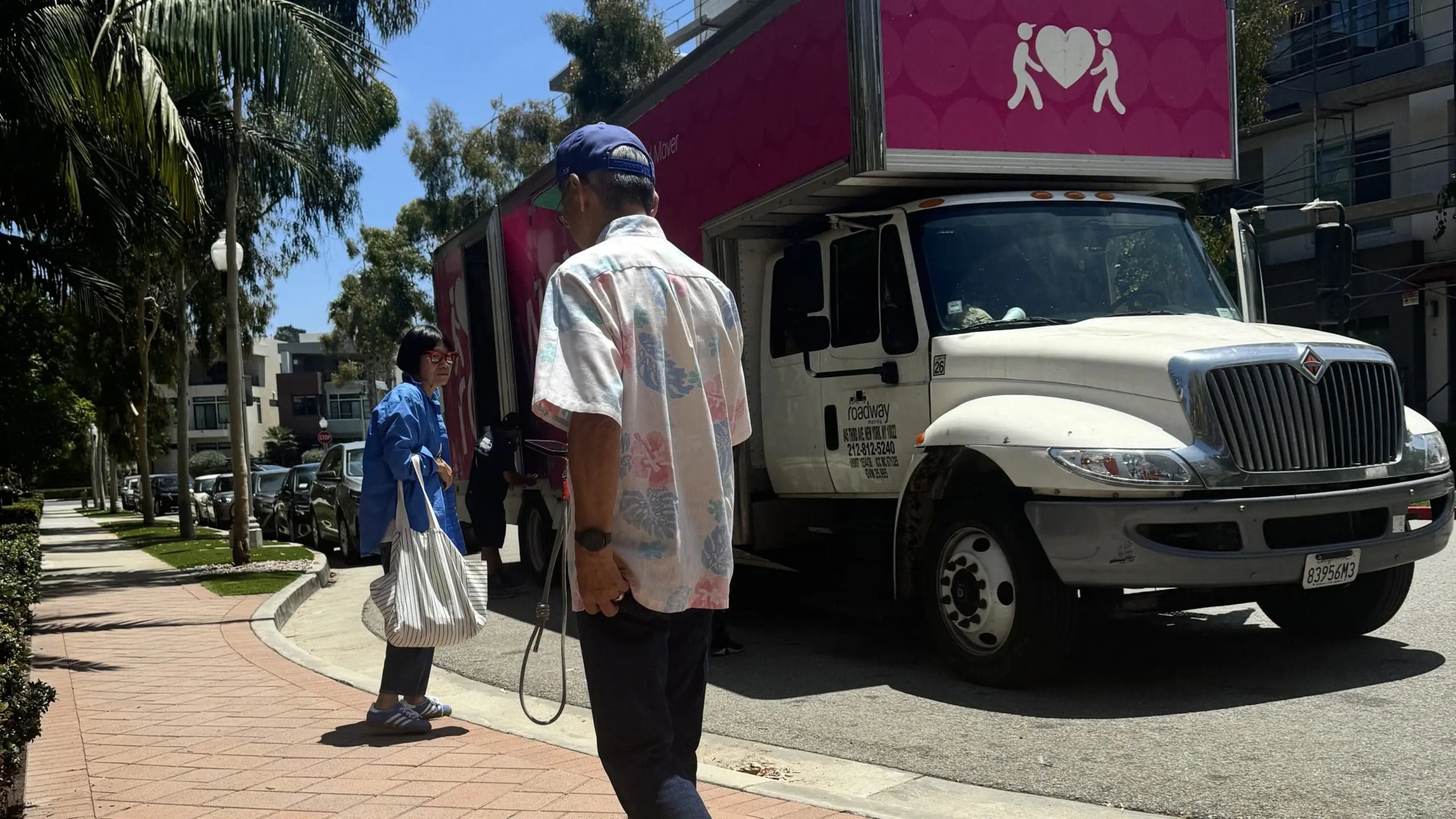
Moving a parent to a senior facility is a complex and emotionally charged experience. It involves grappling with a multitude of feelings, from sadness and loss to relief and uncertainty. If you add to all this rollercoaster of emotions the fact that you are about to face a move, well, things may become a bit difficult to handle. As you navigate this challenging time, it’s essential to prioritize both your emotional well-being and practical considerations.
Understanding Your Emotions
- 1. Acknowledge and Validate: It’s natural to feel a range of emotions. Acknowledge your feelings without judgment.
- 2. Seek Support: Talk to friends, family, or a therapist about your experiences. Sharing your feelings can provide comfort and perspective.
- 3. Practice Self-Care: Prioritize self-care activities that help you relax and recharge. This could include exercise, meditation, or spending time in nature.
Understanding Your Parent’s Needs
- 1. Physical Health: Assess your parent’s physical capabilities and limitations, including mobility, vision, hearing, and cognitive function.
- 2. Emotional Well-being: Consider your parent’s mental health, emotional state, and any social or emotional needs.
- 3. Financial Situation: Determine your parent’s financial resources and eligibility for government assistance programs.
Considerations for Moving and Packing for a Senior Facility
When packing for a move to a senior facility, there are a few key considerations to keep in mind:
- 1. Start Early: Begin planning well in advance to avoid feeling overwhelmed.
- 2. Involve Your Parent: Include your parents in the decision-making process as much as possible. This can help them feel involved and empowered.
- 3. Declutter with Care: Be mindful of space limitations in the senior facility, thus take in consideration to donating or selling items that are no longer needed. Storage is another solutions if you don’t want to get rid of important stuff.
- Remember that many older adults have strong emotional attachments to their belongings, so approach decluttering with sensitivity and patience.
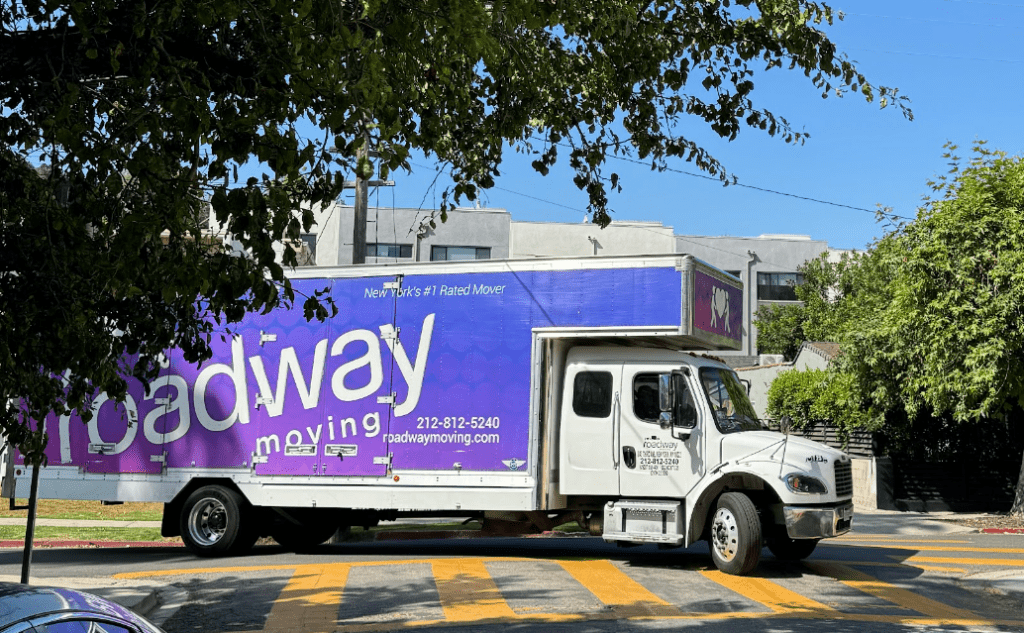
- 4. Pack essential and sentimental items: Include toiletries, medications, and any assistive devices, and pack comfortable, easy-to-care-for clothing that suits the facility’s climate. Ensure you have copies of all medical records, including doctor’s notes, prescriptions, test results and gather information about health insurance, long-term care insurance, and any other relevant policies.
- Don’t forget to include personal items that can provide comfort and familiarity, such as blankets, pillows, or small keepsakes and to pack photos of family, friends, and special memories.
- Creating a memory box filled with cherished items that can be easily transported and enjoyed in their new home could be a nice gesture that they will appreciate.
- 5. Label Clearly: Label boxes clearly to help with organization and unpacking. This can also provide a sense of control and order during a chaotic time.
Tips for Handling Emotional Attachments
Empathy and Understanding
One of the most crucial aspects of helping a parent transition to a senior facility is understanding and validating their emotional attachments. Many older adults have deep connections to their belongings, which often hold sentimental value. Acknowledging and respecting these feelings can go a long way in easing the transition.
Creating a Bridge
Rather than forcing your parents to let go of their cherished items, consider finding ways to connect them to their new home. This could involve displaying a favorite painting, placing a familiar blanket on their bed, or incorporating personal touches into their new surroundings. By creating a sense of continuity, you can help your parents feel more at ease and connected to their new environment.
Preserving Memories Digitally
For items that are impractical to move, consider creating digital memories. This could involve scanning photos, digitizing documents, or recording oral histories. By preserving memories in digital form, you can help your parents maintain a sense of connection to their past while reducing the burden of physical belongings.
Seeking Professional Assistance
If the process of a move proves to be a significant challenge, don’t hesitate to seek professional assistance.
There are many organizations and individuals who specialize in helping seniors transition to new living arrangements. Roadway Moving can provide support and practical solutions to help you and your parents navigate this moving process with ease.

